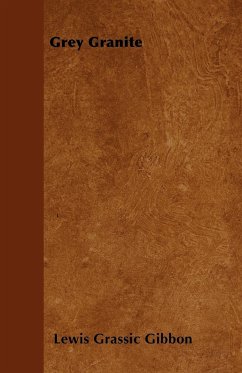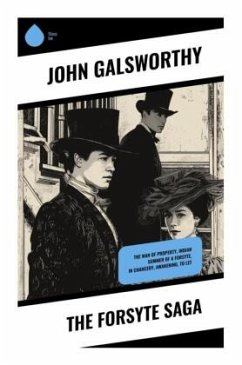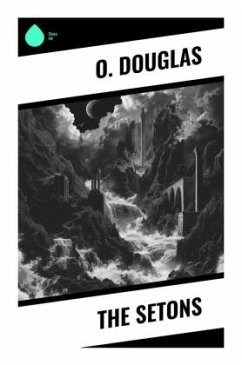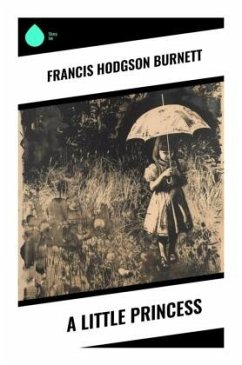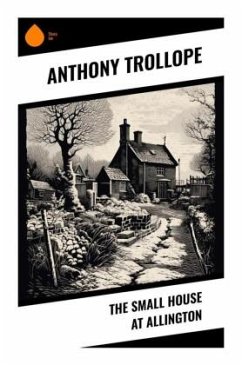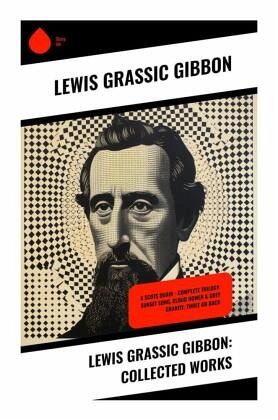
Lewis Grassic Gibbon: Collected Works
A Scots Quair - Complete Trilogy: Sunset Song, Cloud HoweII & Grey Granite; Three Go Back

PAYBACK Punkte
0 °P sammeln!
Lewis Grassic Gibbon's "Collected Works" offers an extensive exploration of the author's profound insights into Scottish life, identity, and the human experience during the early 20th century. This compilation showcases Gibbon's distinctive literary style, characterized by vivid imagery and a modernist approach that captures the complexities of rural and urban Scotland. Notable for its lyrical prose and innovative narrative techniques, the collection encompasses both poetry and prose, shedding light on pivotal social changes and the cultural landscapes of his time. Gibbon's work resonates stro...
Lewis Grassic Gibbon's "Collected Works" offers an extensive exploration of the author's profound insights into Scottish life, identity, and the human experience during the early 20th century. This compilation showcases Gibbon's distinctive literary style, characterized by vivid imagery and a modernist approach that captures the complexities of rural and urban Scotland. Notable for its lyrical prose and innovative narrative techniques, the collection encompasses both poetry and prose, shedding light on pivotal social changes and the cultural landscapes of his time. Gibbon's work resonates strongly with themes of language, landscape, and the struggle for personal and national identity, reflecting the undercurrents of Scottish Renaissance literature. Lewis Grassic Gibbon, born in 1901 in Kincardineshire, emerges as a significant voice in Scottish literature, known for his commitment to depicting the Scottish experience. His upbringing in a farming community and exposure to the turbulent socio-political climate undoubtedly shaped his writing. Gibbon's immersion in the cultural revival and his experiences during World War I inform his portrayal of disillusionment and the quest for authenticity in a rapidly changing world. For readers seeking to delve into the heart of Scottish literature, Gibbon's "Collected Works" stands as an essential testament to the human spirit and a vital examination of Scotland's past. This collection invites readers to engage with Gibbon's rich narrative landscape and reflects the profound insights of one of Scotland's literary giants.




